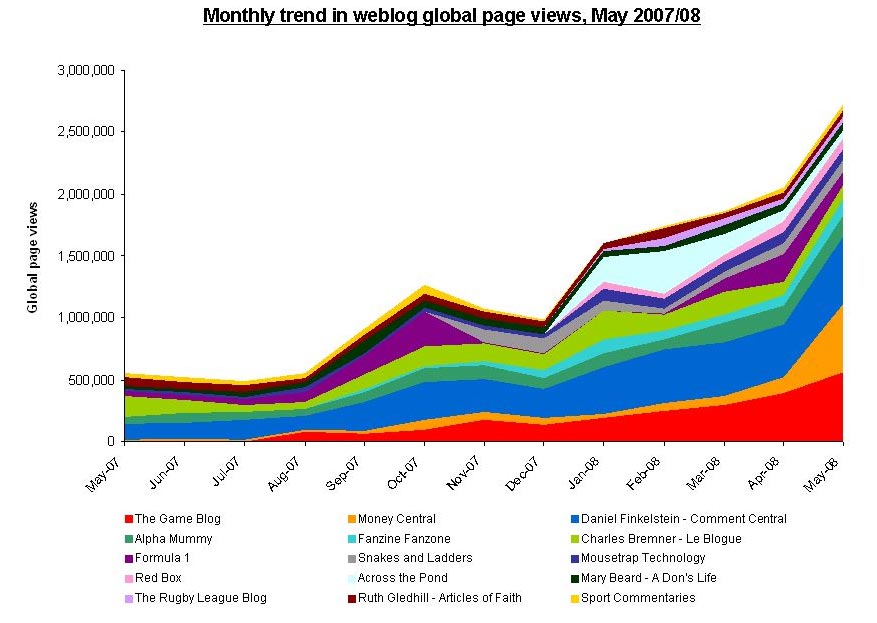The Guardian has admitted it mistakenly bought the keywords Madeleine McCann from Google.
By wrongly purchasing the keywords a link to the paper’s coverage of Madeleine’s disappearance appeared in a column of sponsored results when a search for her name was made on Google.
The newspaper has now taken down the link and has reviewed the list of keywords it owns, Marc Sands, marketing director for the Guardian, told Journalism.co.uk.
The paper’s purchase of the words Madeleine McCann was criticised by Justin Williams, assistant editor at Telegraph Media Group, on his personal blog, who said the practice showed the paper was ‘desperate’ to hold onto its position as the UK’s most popular newspaper website according to the most recent Audit Bureau of Circulations Electronic (ABCe) traffic figures.
“The purchase of terms is a way of getting your stories, at a cost, in front of people. It’s absolutely what everyone does all the time,” said Sands.
[advert]A search for the terms shows the Mirror currently owns the keywords McCanns cleared, while a Google search for other keywords, such as Cristiano Ronaldo, show the the Sun and Times have also purchased phrases from Google.
“It is a way of getting it [news] distributed to people who have expressed an interest in that subject,” he added.
“The issue with the Madeleine McCann keywords is an interesting one. It’s like advertising, but not really: the only reason you and I search for a term is because we are interested in that term.”
The practice had been criticised in the blog post, he said, because of the Guardian’s previous stance on the coverage of the McCann story.
“The Guardian in the past has been very critical of the coverage of Madeleine McCann, saying it has been salacious and misleading. What the person in the blog post is saying is that Madeleine McCann is not to be treated in this way, so what on earth are they doing buying keywords?”
The issue led the paper to review its list of current keywords to assess ‘what news is okay to do it with and what isn’t’, he said.
The Guardian buys thousands of Google keywords relating to current news stories every week, he added. It currently owns the keywords ‘stamp duty’, ‘university league tables’ and ‘post office closures’.
“Madeleine McCann slipped through the net. You don’t approve all these [keyword purchases] every day. We would have had to say to the company that buys the keywords for us: never buy the keywords for Madeleine McCann,” he said.
Search engine marketing and search engine optimisation of newspaper websites is a ‘new area’ for publishers, added Sands.
“Everyone is working their way through and trying to remain true exactly to the principles of what they’re doing, but also to ensure that they’re getting read.”
 Dennis’ iGIZMO, which was launched in February, attracted an average of 101,785 unique users per fortnightly issue over the last year,
Dennis’ iGIZMO, which was launched in February, attracted an average of 101,785 unique users per fortnightly issue over the last year, 